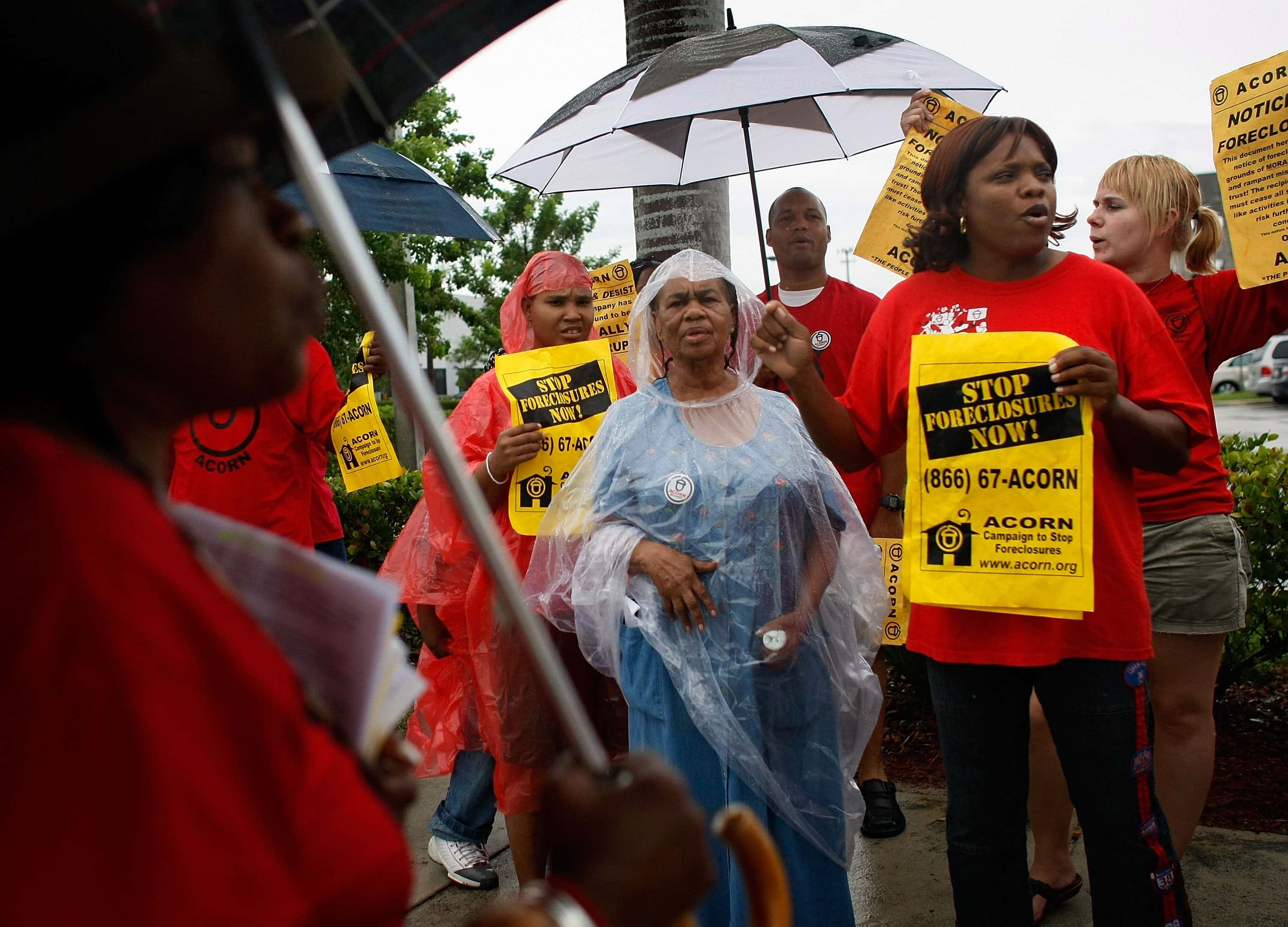'The Con': How 91-year-old Addie Polk's suicide attempt in Ohio became a symbol of America's home mortgage crisis

Addie Polk, a 91-year-old Black woman, shot herself twice in the chest as deputies were knocking at her door with eviction papers in hand. Polk, a widow, who lived in the house alone, knew when the foreclosure date of her home was and waited until the last moment before taking her own life in 2008. The Federal National Mortgage Association, Fannie Mae, foreclosed on Polk's home in Akron, Ohio after acquiring a mortgage in 2007.
Polk's desperate measure made her a symbol of the nation's home mortgage crisis, which saw hundreds of Americans rendered homeless. Polk was a deaconess at her church and was admired by her friends and fellow churchgoers. Some remembered her as a great cakemaker. Before the interest started piling up, Polk and her husband lived as a happy and loving couple. During the prime of their lives, the pair could have moved on to a bigger house, Polk's friends say, but they decided to continue living there. It was Polk's neighborhood and the first house she and her husband had bought. There never thought of moving.
As years passed by Polk's house was in need of repair, she decided to take her first loan in 1997 for $21,000 to fix her house. However, in 2001, agents of Countrywide Home Loans Inc. gave her another of $46,000 on a home that was not worth maybe $20,000. And that's when things started crumbling down for Polk. The loans, however, did not end there. Countrywide, again, in 2004 gave the widow in her 80s a loan for $45,620. Experts later stated that the loan should never have been made. In Polk's era, people trusted banks. She was, however, given a 30-year mortgage at the age of 89. How long did the bank think she would live? The elderly widow became the victim of the subprime mortgage crisis, which contributed to the infamous US financial crisis in 2007-2008.

As years went by, it became difficult for Polk to pay interest on those loans, and the company soon filed for foreclosure. Deputies began visiting her house, making a total of five or six visits notifying her of foreclosure. This was embarrassing for Polk, whose friends and neighbors knew her as a woman of substance and stateliness. She did not want people to know that her house was posted on the market. The idea of being homeless at the age of 91 was too much for Polk. The home loan crisis claimed many victims like Polk, although not everyone resorted to taking their lives, most lost their homes. As Polk's case became public, several other similar cases in Acorn cropped up and the realization soon hit many that the crisis was not just in the small town, it had spread across the state of Ohio, targeting poor neighborhoods and minorities. It was later discovered that nearly all states in the country were battling with a similar crisis.
A spokesperson for Fannie Mae, shortly after Polk shot herself, in a statement said that the mortgage association had decided to halt action against Polk and sign the property "outright" to her, according to CNN. The decision was taken while Polk was still hospitalized with gunshot wounds. "We're going to forgive whatever outstanding balance she had on the loan and give her the house," Faith said. "Given the circumstances, we think it's appropriate."
"The 2008 financial crisis seemed to hit the American landscape out of nowhere. But in reality, it was both the inevitable conclusion to 40 years of Wall Street misconduct and a warning for the meltdown that threatens to engulf us now," a synopsis of the five-part docuseries 'The Con' states. "Filmmaker Patrick Lovell investigates what happened, beginning with personal stories — including the foreclosure of his own Utah home, and the suicide attempt of a 91-year-old African American widow in Akron, Ohio — before zooming out to examine the corrupt systems that doomed the United States to government-funded bailouts that would only perpetuate a predatory system."
'The Con' releases on digital platforms on October 6.










